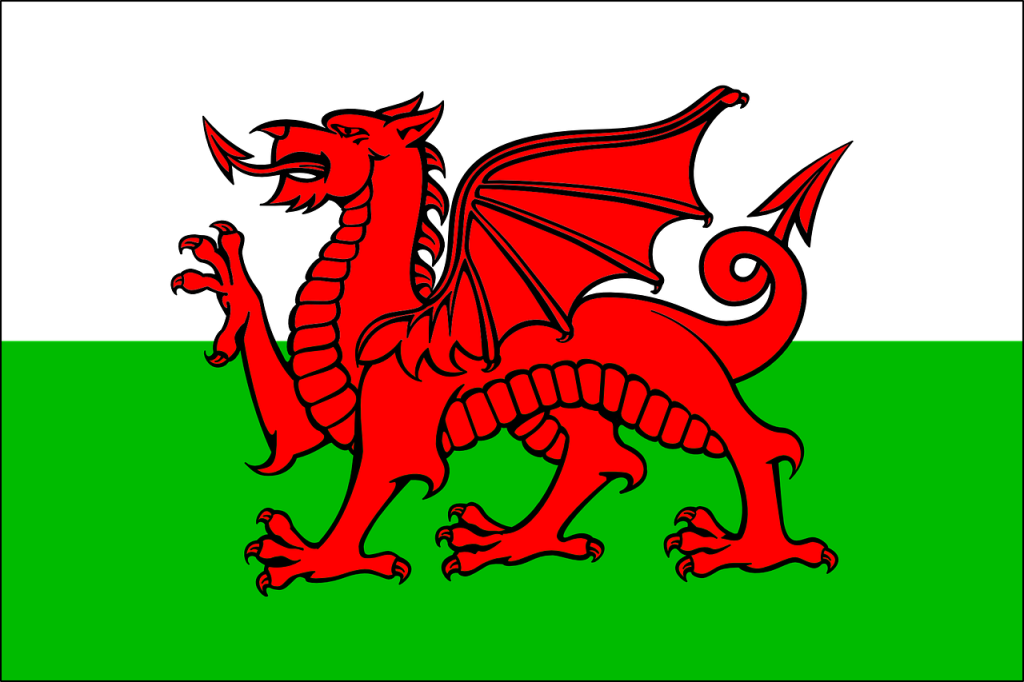What is British Summer Time?
British Summer Time is a something that was introduced to increase summer daylight hours in the northern hemisphere. British Summer Time, shortened to BST, begins when the clocks go forward in spring, so make sure you put your clocks forward at 1am on the last Sunday in March. It ends when the clocks go back in autumn, at 2am on the last Sunday in October.
A handy rhyme to remember which way to change your clocks is they “Spring forward and Fall back.”
The campaign to make more of the lighter evenings was begun, believe it or not by a gentleman called William Willett. In 1907 he wrote a pamphlet entitled “The Waste of Daylight”. His argument was that not only would this strategy increase daylight recreation time it would also save £2.5 million in lighting costs.
Whilst researching him I was shocked to learn he was fairly local to me, born in Farnham and then being a Chislehurst resident. I was even more surprised to learn that the idea of summer daylight saving time was mentioned in 1784 by Benjamin Franklin, the American inventor, scientist and statesman.
When was it eventually introduced?
Sadly, William wasn’t alive when it was finally introduced, passing in 1915. Odd fact slipped in…his great, great, great grandson is Chris Martin from Coldplay!
The need for increased production at the beginning of WWI saw daylight saving introduced, first of all by Germany, closely followed by the UK and other countries involved in the war.
Curator of the Royal Observatory, Louise Devoy, shares her favourite facts about the day the clocks change…
“When the clocks first changed in 1916, there were concerns that delicate striking clocks could be damaged by people trying to force the hands back an hour. Official warnings and guidelines were printed in newspapers and magazines to reduce the number of clock ‘casualties’.
“For others, changing the clocks was a well-established practice. My favourite example is King Edward VII who enjoyed hunting at his country estate in Sandringham, Norfolk. He wanted to make the most of the daylight and so in 1901, he stipulated that all clocks on the estate should run 30 minutes fast, thus creating his own ‘Sandringham Time’. It must have been very confusing for guests!”
https://www.rmg.co.uk/stories/topics/uk-time-british-summer-time-bst-daylight-saving
Double BST and other changes
Yes, at one point in history we had British Double Summer Time! This was a temporary measure introduced during the Second World War (1939-1945). Clocks were put forward by TWO hours and only put back by one hour in the October. Again, this was all in the name of increased productivity.
Once the war ended we returned to the usual BST, although there was an experiment between the years of 1968 and 1971 when the clocks went forward but were not put back. I was around for that but don’t remember it happening at all! (I was very young at the time so no surprise there) Due to no real advantages or disadvantages being ascertained the experiment ended.
1972 saw the creation of the British Summer Time Act, which introduced the tradition of changing the clocks in late March, based around when Easer fell,
2002 saw Britain align the changing of the clocks with other European countries and from 2002 onwards, the EU stipulated that all member states should adjust their clocks on the last Sunday in March and October. All except Iceland due to their geographical position so far North and extreme variations in daylight and darkness throughout the year.
Other suggestions to change BST
2010-2012 Campaigners have sought to introduce The Daylight Savings Bill which would have brought a return to British Double Summer Time or a permanent British Summer Time to save energy and increase the time available in the evenings.
It was pointed out by those opposed to this that it would create social disadvantages for those in the north where for example, places in the far north-west of Scotland would only see the sunrise at 10am in the winter!
2019 the European Parliament backed a proposal to end the practice of changing the clocks in European Union states but although it could have all stopped in 2021 the law was never passed and here we are, still running about changing all the clocks…unless you have a lot of digitally controlled devices that automatically update.


